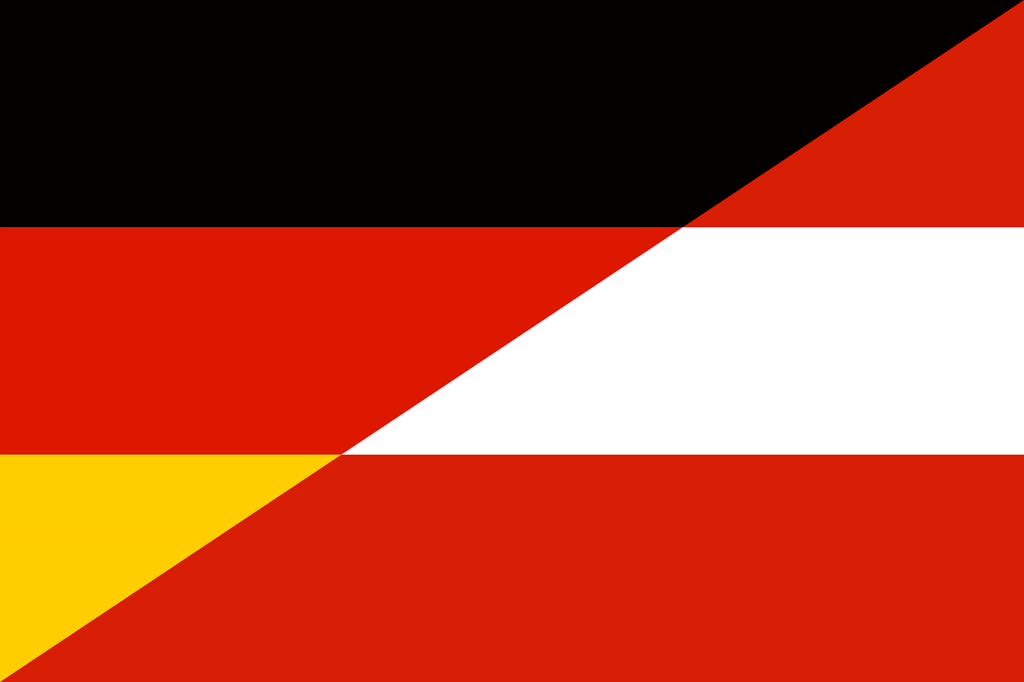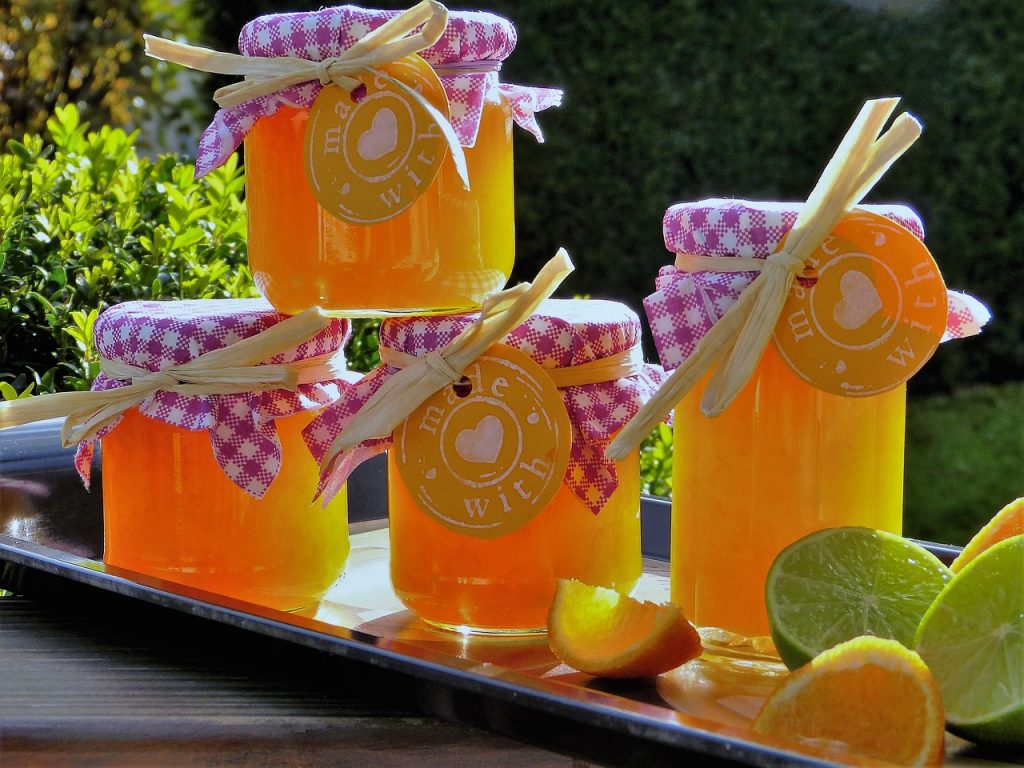The Austrians on The Germans Posted by Constanze on Oct 30, 2019 in Language
Guten Tag! Recently we talked about the word Kraut which, as well as being the German word for ‘herb’, is an offensive term for a German person. In this mini-series, we will look at some words the Swiss, Germans, Bavarian-Germans, and Austrians use to describe one another. Some are meant in a derogatory way, whilst others are not. PLEASE NOTE: The point of learning about these words is not to encourage anybody to use them, but to have an analytical approach to them: what do these words mean from a linguistic perspective, and why are they used? Where/how did they originate? This way, if you ever hear/see them used in the German language, you will have an understanding of what they mean- and know not to repeat them yourself.
We will begin with two words Austrians use to describe Germans.
Piefke
Austrians call Germans Piefke. This is a derogatory term. The term Piefke is not used for all Germans, however; rather, it refers only to people from the states that made up Prussia. So it would be used to refer to people from north Germany, but not to Bavarians, for example.
The word Piefke is named after the Prussian composer Johann Gottfried Piefke, and dates back to the time of the Austro-Prussian war in 1866. The story goes that, while Piefke was conducting his military band, the Danish fired at him and shot his baton clear out of his hand. Instead of stopping, Piefke took out a dagger and carried on conducting his band with the dagger. Apparently, the Austrians found this hilarious, as it only confirmed their suspicions that the Prussians were altogether too serious. From this moment on, they began referring to Prussian military men as ‘Piefke’. But this term soon spread, and was used to refer to all Prussians.
Prussia does not exist any more, but the word is still used today in Austria when talking in an insulting way about the ‘pompous’ north German.
Marmeladinger
Our next word takes us forward in time to World War I (1914-1918). Marmeladinger is another derogatory word Austrians use to refer to Germans. The word itself comes from the word die Marmelade (pronounced: mar-mell-ahh-deh in German), which, as you can probably guess, is the German word for marmalade. The word ‘Marmeladinger’ is difficult to translate literally, but it means something like ‘marmalade person’. The Austrian suffix -inger is used when characterising a person through an object or action – in this case, marmalade.
So why is this an offensive term? During World War I, the Austrians had rations of die Butter (butter) and das Schmalz (lard) to spread on das Brot (bread). Meanwhile, the German troops only had die Marmelade (marmalade), which was significantly cheaper. The Germans, perhaps as a way of making themselves feel better about this, called the marmalade die Heldenbutter (‘the hero’s butter’) – which only made the Austrians laugh. Since then, the Austrians have called Germans Marmeladinger.
Once again, I’d like to point out that I don’t encourage anybody to use these words. But I hope learning that about their origins is interesting.
Stay tuned for more posts in this mini-series. Bis dann (see you then)!

Build vocabulary, practice pronunciation, and more with Transparent Language Online. Available anytime, anywhere, on any device.





